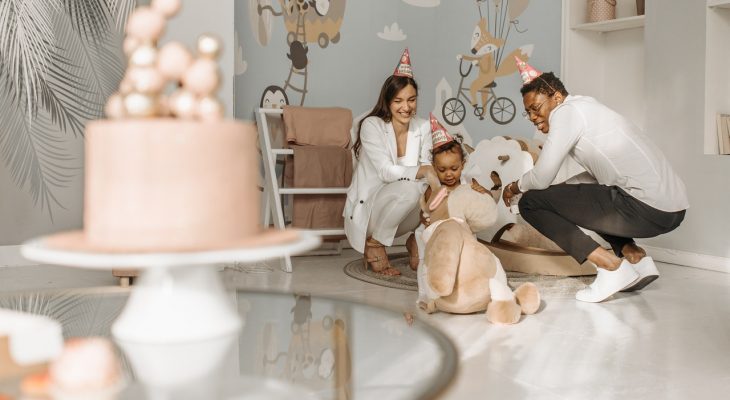You know the feeling of being in constant motion and emotion as a parent of a toddler. Your child’s daily activities and needs will change as they grow and develop. Here are some things to look out for in the toddler years.
Daily Life
Toddlers love to display their new skills. They love to explore, climb and play for hours. They enjoy simple activities like picking up rocks and pouring water into large containers.
Daycare is a great place for toddlers to play with other children. Your little one might enjoy playing with other children’s toys, even though they are too young to play together.
 Diet & Nutrition
Diet & Nutrition
The American Heart Association (AHA) states that the number of calories a toddler requires will vary depending on their age, medical conditions, and physical activity.
According to the AHA, your toddler should consume between 900- 1,200 calories per day. The average 1-year-old needs 1,000 calories per day. These calories are divided between three meals and two snacks that are spread throughout the day.
They might do the exact opposite the next day. While it can be frustrating for parents, it is a common pattern for toddlers to practice cluster feeding or eat more on days that they are not hungry.
Your toddler might be refusing to eat dinner but they still get plenty of calories. According to the American Academy of Pediatrics, a toddler’s portion size should be about one-quarter of that of an adult.
The quality of food is more important than calories. Your toddler should be eating a varied and balanced diet that includes a variety of healthy foods. It’s okay if they have to eat ranch dressing on carrots, or if they prefer oatmeal with brown sugar sprinkled on it.
It is important not to make food an issue or to attach negative emotions to it. You shouldn’t punish your child for refusing to try new foods, but you should continue to provide healthy snacks at regular times.
Toddlers can be picky eaters from time to time. You can reduce food refusals by allowing toddlers to be independent at mealtimes. AAP recommends that babies stop using the bottle between 12-24 months.
By 18 months, most children can move from a highchair to a booster chair. Your toddler might enjoy sitting at the table with you in a booster chair, which can reduce tantrums.
Physical Activity
The Society of Health and Physical Educators recommends that toddlers get at least 30 minutes of structured activity per day, along with an hour or more of unstructured activity.
It can be hard to keep a toddler’s attention when they are so busy. You’ll have plenty of options to explore new activities as your toddler’s attention span grows and their behavior becomes more predictable.
Toddlers are naturally curious and this makes it a great time to hold parent-child classes. There are many structured activities that older toddlers can participate in, such as yoga, soccer, and music.
Around the House
You will find your toddler is most likely to want to be with you every moment they are awake. You should let your toddler participate in some of the activities.
Although it is easier and faster to do it all yourself, your toddler can help you in small ways to keep them busy and teach valuable skills. You can ask them to help you sweep the floor by using their toy broom.
Talking with your child is key to improving their language skills. Talk to your child using descriptive words that describe the size or color of objects. Sometimes, you can even tell them what they are doing by using words like “You are building with blocks.” The blocks were knocked over.”
Health
Regular wellness visits are crucial to ensure your toddler meets developmental milestones. Your child’s doctor can also keep track of your child’s growth and give immunizations against certain diseases.
Potty Training
Your pediatrician should be consulted about your child’s readiness to use the potty. Your pediatrician will help you determine the best time for your child to learn how to use the toilet.
Potty training for toddlers is an important milestone. It’s not an easy task for parents but most moms and fathers look forward to the next chapter of their lives.
Before you start potty training, there are certain developmental milestones your child must reach. These milestones include their ability to recognize when they need to go, bladder control, language skills, and the ability to tell you when they are going to the bathroom.



